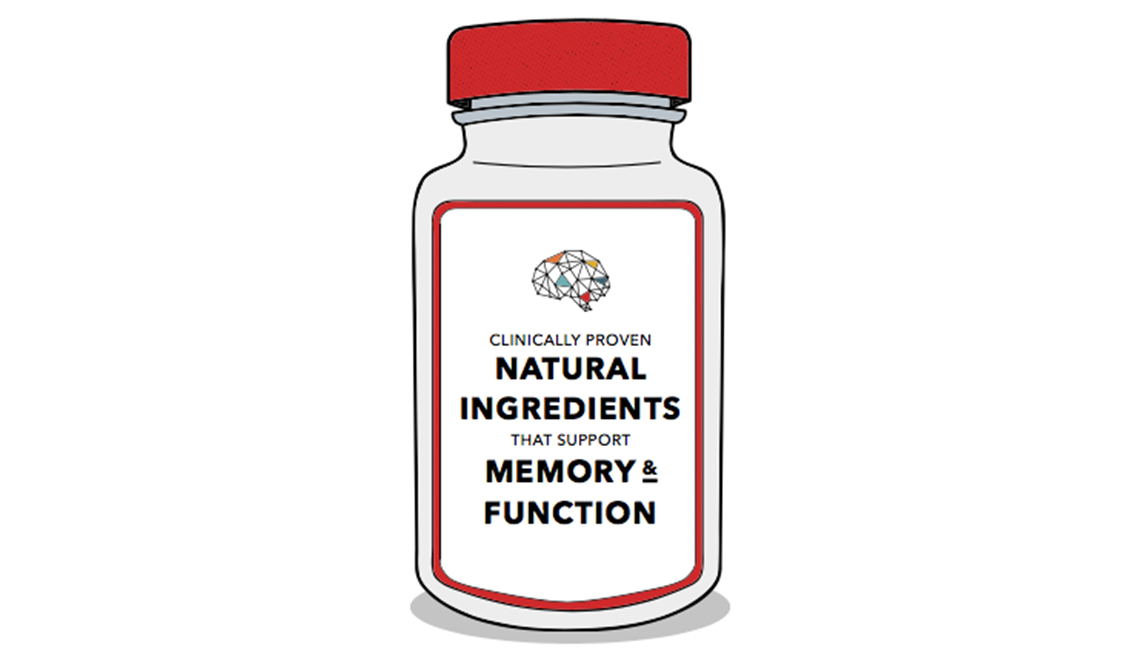Summer 2021 update to AARP’s Supplement survey:
In June 2021 AARP fielded a survey* of adults 50 and older about brain health supplements to update its 2019 survey results. Our most recent data finds nearly eight in 10 (78%) adults 50 and older take a vitamin or dietary supplement. One in five (21%) adults 50 and older take a vitamin or dietary supplement for their brain health. The top reason is to maintain or improve memory (71%) and to maintain or improve mental sharpness (60%). More than one in 10 (12%) said they take a supplement to delay dementia. Among those who take a supplement for brain health, (4%) reported they take Prevagen. The survey is a nationally representative sample of Americans 50 and older, so we estimate that approximately 983,000 Americans (4% of the 50+ who say they take a supplement for brain health) are taking a supplement which the GCBH concluded lacks sufficient evidence of effectiveness. Recently looking on a commonly available website, we see a 30 day supply is for sale for $39.95, which translates into approximately $39 million a month being spent on this one supplement alone. Other supplements taken for brain health more commonly include Omega 3 and fish oil. About four in 10 (44%) take a fish oil supplement and nearly six in 10 (57%) take omega-3. Younger adults age 50-64 are significantly more likely to take omega-3 compared to adults age 65+ (68% vs. 39%).
* Mehegan, Laura and Chuck Rainville, Another Look at Brain Health and Dietary Supplements. Washington, DC: AARP Research, August 2021 (release pending)
More than a quarter of adults in the United States age 50 and older take at least one supplement for brain health reasons. (26% according to the recent 2019 AARP Brain Health and Dietary Supplements Survey). Brain health supplements generated $3 billion in sales globally in 2016 and are projected to reach $5.8 billion by 2023. It’s a massive waste of money. Despite adults’ widespread use of brain health supplements, there appears to be little reason for it.
The Global Council on Brain Health (GCBH) is an independent collaborative of scientists, doctors, scholars and policy experts from all over the world brought together by AARP. After undertaking an evidence review of brain-health supplements’ potential effectiveness, the GCBH determined it could not endorse any ingredient, product or supplement formulation designed for brain health. Instead, the GCBH concluded that for most people, the best way to get your nutrients for brain health is from a healthy diet. Scientific evidence does not support the use of any supplement to prevent, slow, reverse, or stop cognitive decline or dementia or other related neurological disease such as Alzheimer’s.

